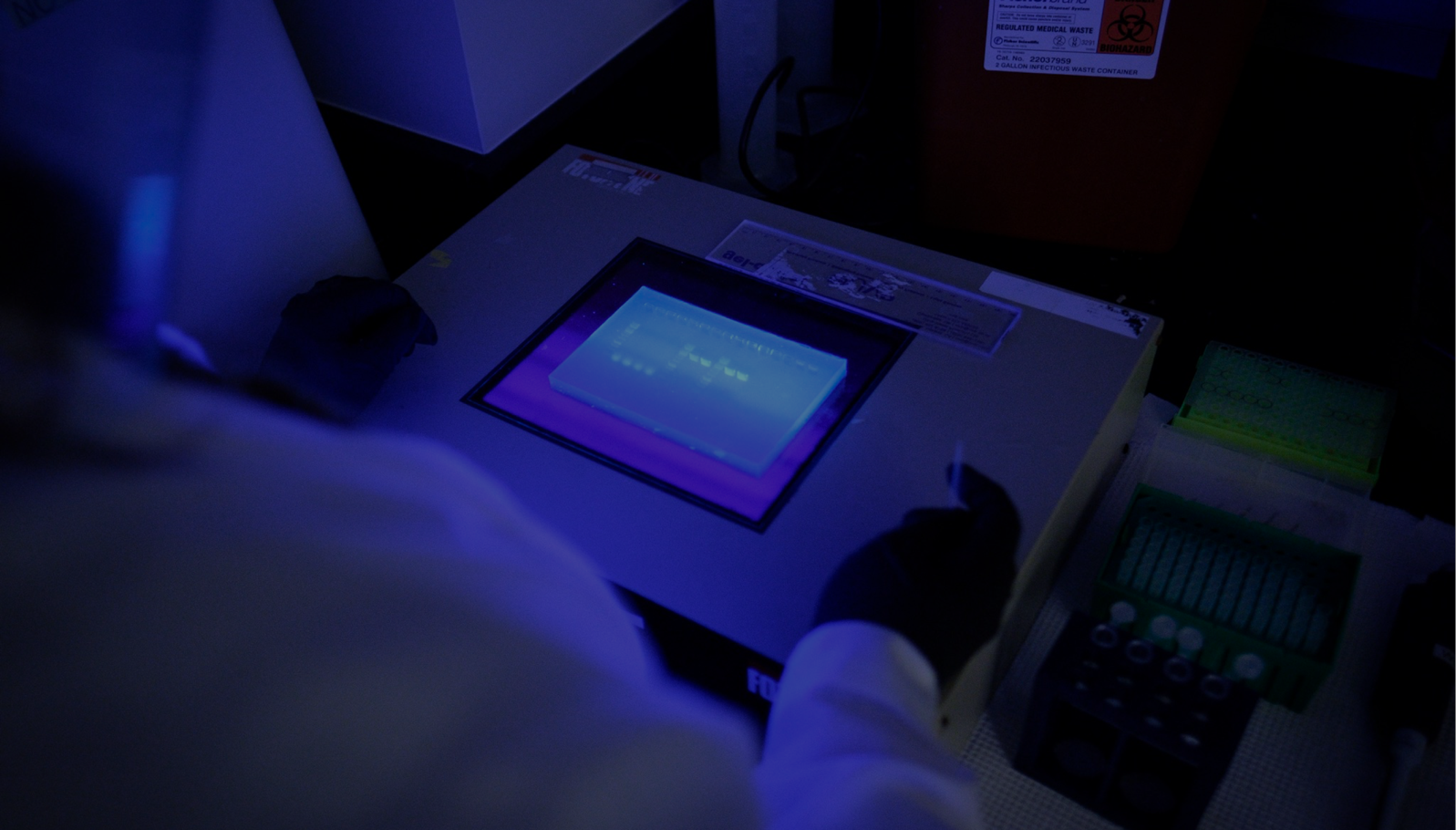Kevin
Hybiske
PhD

Education & Training:
PhD, Molecular and Cell Biology, University of California, Berkeley CA (2003)
Postdoctoral fellow, University of California, Berkeley CA (2003)
Postdoctoral fellow, University of California, Berkeley CA (2003-2005)
Postdoctoral fellow, University of California, Berkeley CA (2003-2005)
Honors:
Predoctoral Fellowship Award, California Tobacco-Related Disease Research Program (1999-2002)
NIAID Young Investigator Award (2010)
Top Ten Reviewer for Cellular Microbiology (2013)
Research Interests:
The Hybiske Lab investigates the molecular mechanisms of Chlamydia pathogenesis, including sexually transmitted infections.
Our ultimate goals are to identify new therapeutic targets against this major pathogen, and to contribute to our broader understanding of the pathogenic mechanisms of intracellular bacteria.
Current research projects include:
- Mechanisms of Chlamydia exit from host cells, dissemination, and immune evasion
- Functional genomics for Chlamydia
- Virulence factor discovery for Chlamydia
- Proteomic discovery of novel Chlamydia-host interactions
Related Links
Publications
Chin E, Kirker K, Zuck M, James G, Hybiske K. Actin recruitment to the Chlamydia inclusion is spatiotemporally regulated by a mechanism that requires host and bacterial factors. PLoS ONE. 2012; 7(10): e46949.
Hybiske K, Stephens RS. Exit strategies of intracellular pathogens. Nature Reviews Microbiol. 2008; 6: 99-110.
Hybiske K, Stephens RS. Mechanisms of host cell exit by the intracellular bacterium Chlamydia. Proc Natl Acad Sci USA. 2007; 104: 11430-11435.
Hybiske K, Stephens RS. Entry mechanisms of Chlamydia trachomatis into non-phagocytic cells. Infect Immun. 2007; 75: 3925-3934.



